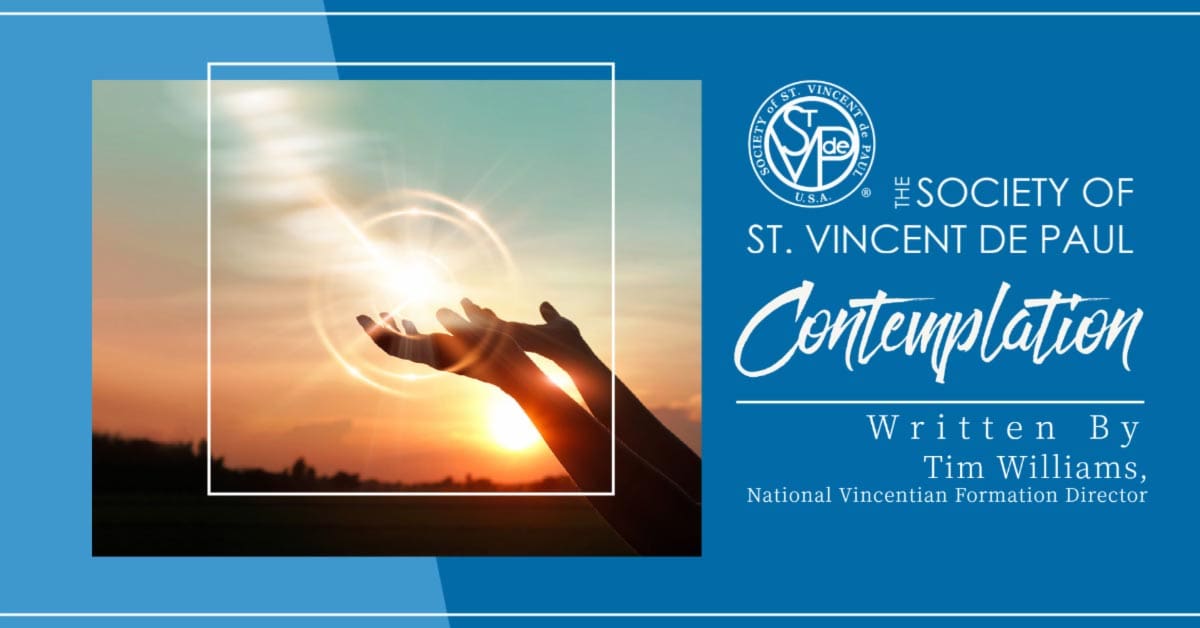Catholic Social Doctrine teaches us the principle of the universal destination of goods, under which we recognize that all things come from God, and are meant for all of His beloved. Nowhere should the demands of this principle be clearer than in our stewardship of the funds of the Conference.
As our Manual explains that “Conference members should never adopt the attitude that the money is theirs, or that the recipients have to prove that they deserve it.” [Manual, Ch. 2] Our stewardship, properly understood, demands that we ensure every dollar goes to the poor, to whom it belongs because what belongs to the poor belongs to God. This understanding is the basis of our stewardship and accountability. Or, as St. Vincent put it, we “are obliged to manage it well and to use it faithfully, because it belongs to our good God, in as much as it belongs to the poor.” [CCD X:245]
This is why “funds must be handled with the utmost care, prudence and generosity. Money must not be hoarded.” [Rule, Part I, 3.14] If we hoard the funds given to us, we are withholding them from the God to whom they belong – not the God who may come calling tomorrow, but the God who is hungry or homeless today. When funds are plentiful because few neighbors are calling, that is the time to more actively “seek out and find those in need.” [Rule, Part I, 1.5]
After all, if you found a lost wallet, the first thing you’d do is try to find its owner – you wouldn’t just wait for the owner to find you. As Bl. Frédéric said in an 1848 article To Good People, “the time has come to take more care of these other poor who do not beg, who ordinarily live by their work, and to whom the right to work or the right to assistance will never be assured in such a way that they do not need help, advice and consolation. The time has come to go and seek out those who do not call you.”
In a similar way, when we ask for donations, we never really ask for donations to the Society. We ask for money, for food, or for clothing for the poor. We ask not because of any special expertise, but simply because we know the poor in our neighborhoods; we know their needs. We only ask to collect up some “second coats” because we have an idea to whom they belong. As St. Basil the Great put it, “The bread which you hold back belongs to the hungry; the coat, which you guard in your locked storage-chests, belongs to the naked; the footwear mouldering in your closet belongs to those without shoes.” [Homily on Gospel of Luke]
We can no more leave Conference funds “mouldering in the bank” than we can leave our second coat “mouldering in storage.” Our time, our talents, our possessions, and ourselves all belong to God, and God is present to us in the poor.
Contemplate
What is my second coat, and what am I saving it for?
By Timothy Williams,
Senior Director of Formation & Leadership Development
Society of St. Vicent de Paul USA.






0 Comments